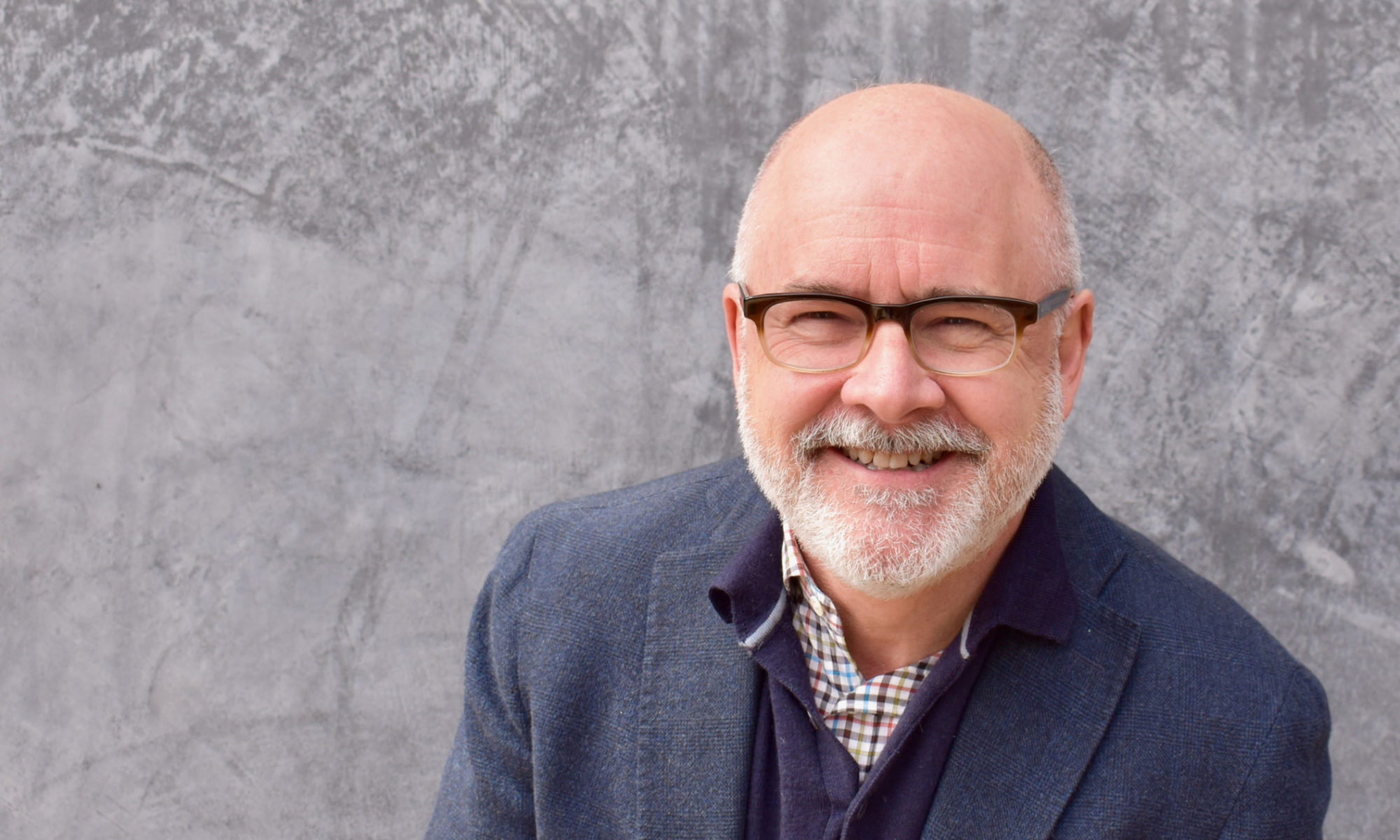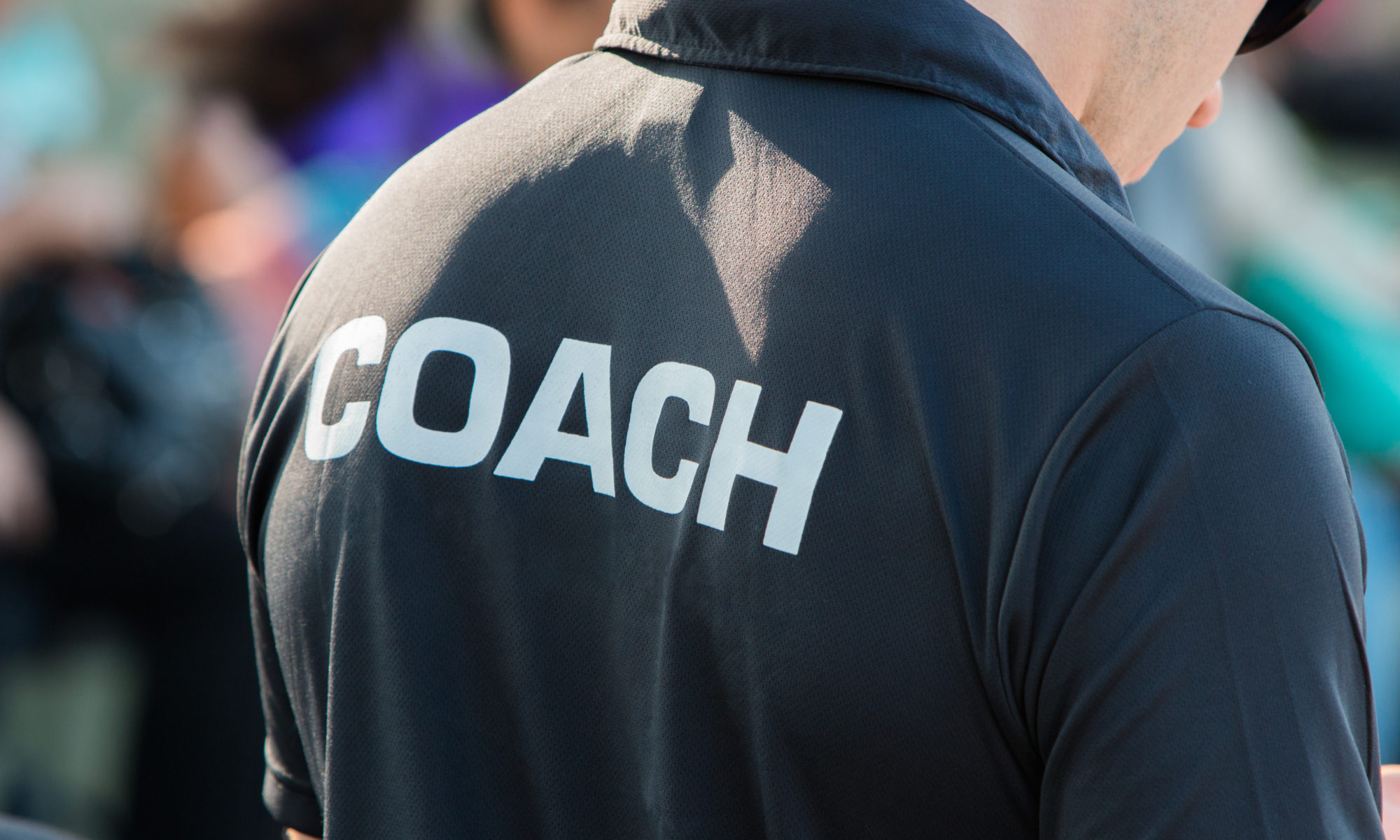Okay, spoiler alert. I love being a coach.
I love talking to people about the projects and challenges in their lives. I really do enjoy listening to a conversation in which my part is only about 10%. I like asking “powerful” questions. I love satisfying my curiosity at the service of helping my client understand his or her next actions.
And I love it when a client has an insight that moves them to think about a problem in a different way or that motivates them in sometimes life-altering ways. When clients use words like “transformational” or “life-changing,” I get that satisfied feeling that most coaches were looking for in pursuing this career.
But with all that love, I hate the title “coach.”
This is not uncommon among coaches, many of whom would probably like the credibility of an older term like “therapist” or even better, “Doctor!” While many of us have trained as long as many Ph.D. or Master’s degree-level therapists, we’re stuck with a moniker that comes out of a world more rooted in physical abilities than in intellectual rigor. I know it’s my own saboteurs talking but when I call myself a coach, I can’t deny the urge to don a windbreaker, sports pants, and a shiny whistle.
As coaches, we search for resonance. What doesn’t feel right to our clients is a signal that they are not living in accordance with their values or life purpose as we’ve worked together to define it. And yet, try as we might, we can’t escape the term “coach.” “Coaching” has been the descriptor since the development of the profession in the 1980s.
Many other words to describe what we do just don’t cut it. “Mentor” implies that we are giving advice, likewise “advisor.” “Consultant” puts a huge burden on the coach to provide the know-how. On the other hand, coaching starts with the idea that the client has 100% of the tools necessary to figure out what they want and how to get it.
Coaches at their best, tease out insights that inspire action, and provide accountability. We walk alongside our clients, seeing in them their highest potential. We are excited for their successes and support them while they recover from setbacks. Does that make us “paid friends” or “companions,” as someone recently asked me. Even the best of friends usually don’t have the patience to listen dispassionately for hours to clients seeking answers within themselves.
Other ideas I’ve seen include the following, each with their own obvious problems.
- guru
- teacher
- advisor
- strategist
- advocate
- champion
- thought leader
- specialist
- guide
- life catalyst
I must say that I’d like to be considered a “guru” with all its 60s style and paisley shirt connotations.
For most of us coaches, we’re stuck with this name that creates dissonance within us. As our profession develops, perhaps the term coach, modified as “life coach,” “career coach,” or “executive coach” will seem more professional. After all, coaching isn’t about us. It’s about our clients’ needs. And if calling myself a coach makes it easier for someone in need to find me, that’s the name I’m going to use.
If you’re curious about how coaching might help you and your projects, schedule a 30 minute discovery session (no charge). I promise to listen intently and provide accountability steps that will move you forward.
Do you hear too many voices in your head? Have trouble knowing whether you should listen to your “inner critic?” I can also tell you about my new program Positive Intelligence. Positive Intelligence uses simple cognitive therapy-based exercises, videos, and weekly group coaching to help you get your saboteurs under control so you can live a life of more ease and flow.

